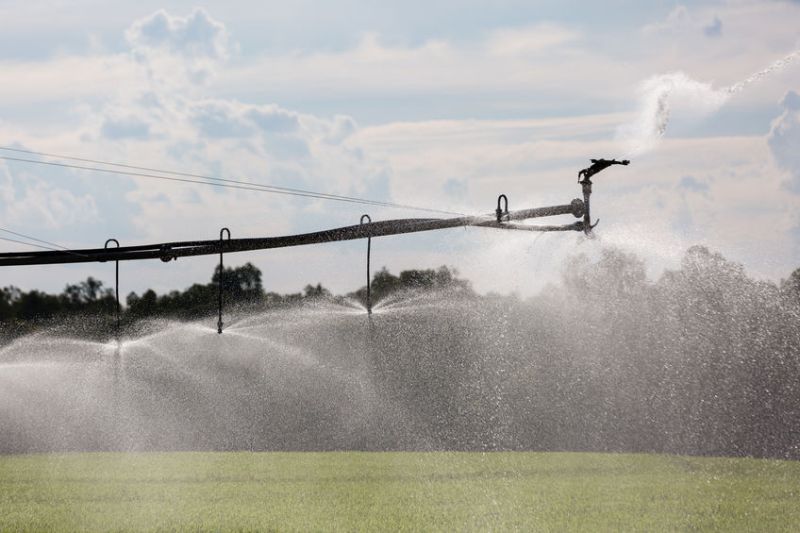
In modern farming, effective water management is crucial for maximising profitability and ensuring the sustainability of agricultural operations.
This guide highlights the financial benefits of efficient water use, introduces sustainable solutions, and explores advanced technologies that can significantly impact your bottom line.
For more insight on optimising water management in agriculture, Castle Water offers comprehensive services tailored to farmers’ needs.
The financial impact of efficient water use
The quality of your water management system directly influences profits by reducing operational costs and increasing crop yields. Implementing irrigation systems can allow for optimal water distribution that meet crop water requirements while minimising waste.
• Reduced Water Costs: By adopting irrigation methods, farmers can significantly reduce water expenses. Techniques like drip irrigation, which deliver water directly to the plant roots, reduce evaporation and runoff.
• Improved Crop Yields: Efficient water management practices ensure that crops receive the right amount of water at the right time, leading to healthier plants and higher yields. This not only boosts revenue but also improves the quality of produce, potentially leading to better market prices.
• Lower Energy Consumption: Advanced irrigation systems often require less energy to operate than conventional methods, translating into lower energy bills. For instance, drip and sprinkler systems use energy more effectively compared to flood irrigation, which can lead to substantial savings over time.
Sustainable solutions for long-term gains
Sustainable water management in farming not only addresses immediate financial concerns but also ensures long-term agricultural viability.
Integrating efficient farming practices helps mitigate the impact of climate change and water scarcity, securing a more stable future for agricultural enterprises.
Utilising soil moisture sensors helps farmers monitor and manage water applications more effectively. By maintaining optimal soil moisture levels, farmers can reduce water usage and prevent excessive irrigation, which can harm crop productivity.
Advanced water technologies for agriculture
Adopting advanced technologies is key to modernising agricultural water management. Innovations in this field provide farmers with tools to optimise water use and adapt to changing environmental conditions.
• Smart Irrigation Systems: These systems use real-time data from weather forecasts, soil moisture levels, and crop needs to automate and fine-tune irrigation schedules. This not only conserves water but also ensures that crops receive the precise amount of water required for optimal growth.
• Water Recycling Systems: Implementing agricultural water recycling techniques allows farms to reuse water for irrigation, reducing overall water consumption. Treated wastewater or runoff can be repurposed, cutting down the demand on freshwater sources.
• Precision Farming Tools: Tools like irrigation sensor systems provide farmers with detailed insights into field conditions. This information enables precise water application, maximising efficiency and reducing waste.
Reducing water waste to save money
By identifying and addressing the inefficiencies in their water management systems, farmers can conserve resources and reduce operational costs.
• Leak Detection and Repair: Regularly inspecting irrigation infrastructure for leaks can prevent water loss and ensure that water is delivered where it is needed. Prompt repairs can lead to significant water and cost savings over time.
• Water Audits: Conducting water audits helps farmers assess their water use patterns and identify areas for improvement. This process involves measuring water use across the system and implementing strategies to optimise water application.
• Education and Training: Providing training on efficient water management techniques and technologies can empower farmers and farmhands to adopt best practices. Knowledgeable farmers are better equipped to implement solutions that enhance water use efficiency and boost profitability. For more general agricultural news check out our produce news.
In conclusion
Efficient water management is not just a sustainable practice; it’s a strategic financial move for farmers.
By implementing modern irrigation methods, adopting sustainable water use strategies, and leveraging advanced technologies, farmers can reduce costs, increase yields, and secure long-term profitability. For further information, check these resources on water management policies for agriculture.
